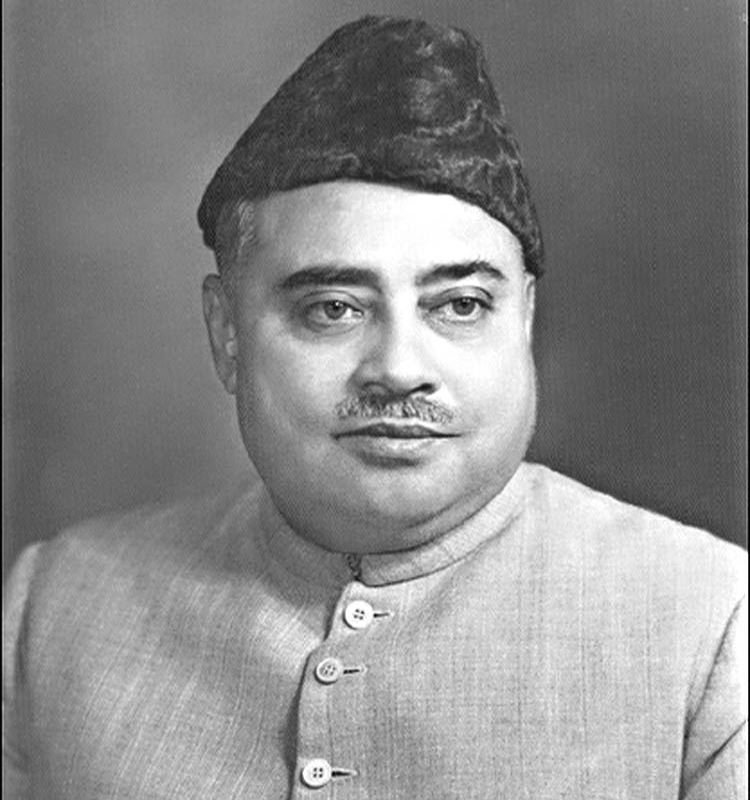Khawaja Nazimuddin (1894–1964) was a prominent political leader and statesman in British India and later in Pakistan. He served as the second Prime Minister of Pakistan after the assassination of Liaquat Ali Khan, as well as the second Governor-General of Pakistan. Hailing from a prominent Bengali family, Nazimuddin played a significant role in the politics of both undivided India and the newly formed Pakistan.
Key Highlights of His Life and Career:
- Early Life and Education: Born in Dhaka (then part of British India), Khawaja Nazimuddin was educated at Aligarh Muslim University and Cambridge University. He came from an aristocratic family with a history of political involvement.
- Role in Pre-Partition Politics: Nazimuddin was an important figure in the All India Muslim League and worked closely with leaders like Muhammad Ali Jinnah. He was particularly active in Bengal politics and served as the Premier of Bengal from 1943 to 1945, during a critical period of the Second World War and the Bengal famine.
- Governor-General of Pakistan (1948-1951): After the death of Muhammad Ali Jinnah, Khawaja Nazimuddin succeeded him as the Governor-General of Pakistan. In this role, he represented the symbolic head of the state and was involved in managing the country’s affairs during its formative years.
- Prime Minister of Pakistan (1951-1953): Following the assassination of Pakistan’s first Prime Minister, Liaquat Ali Khan, Nazimuddin was appointed as Prime Minister. His tenure, however, was marked by political instability, economic challenges, and religious tensions, particularly during the anti-Ahmadiyya riots of 1953 in Lahore. His handling of these events, along with his inability to control the worsening political situation, led to his dismissal by Governor-General Ghulam Muhammad.
- Later Years and Legacy: After his removal from office, Nazimuddin largely retreated from active politics. He passed away in 1964. Despite his relatively quiet and understated leadership style, Khawaja Nazimuddin is remembered for his integrity, dedication to public service, and his role in shaping Pakistan’s early years as a nation.
Historical Significance:
Khawaja Nazimuddin’s career spanned crucial moments in South Asian history, including the independence of Pakistan, and his leadership during these early years helped lay the foundation for the country’s governance structure. He was one of the few political figures to hold both the highest ceremonial and executive positions in Pakistan, as Governor-General and Prime Minister.
